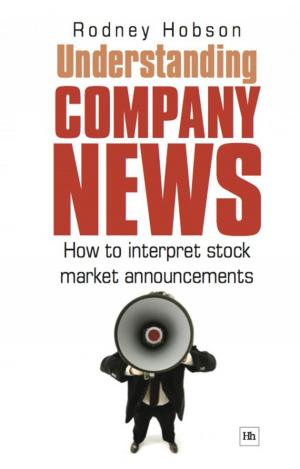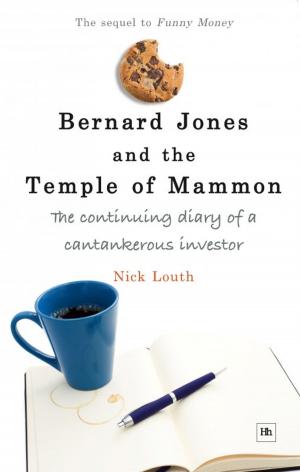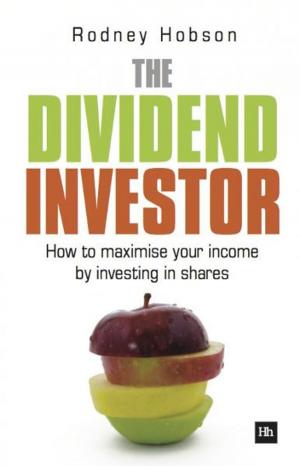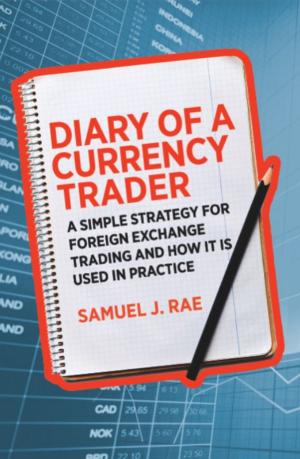The Ultimate ETF Guidebook
A Comprehensive Guide to the World of Exchange-Traded Funds - Including the Latest Innovations and Ideas for ETF Portfolios
Business & Finance, Finance & Investing, Investments & Securities| Author: | David Stevenson, David Tuckwell | ISBN: | 9780857197276 |
| Publisher: | Harriman House | Publication: | February 25, 2019 |
| Imprint: | Harriman House | Language: | English |
| Author: | David Stevenson, David Tuckwell |
| ISBN: | 9780857197276 |
| Publisher: | Harriman House |
| Publication: | February 25, 2019 |
| Imprint: | Harriman House |
| Language: | English |
Exchange Traded Funds have revolutionised investing. Thanks to ETFs, investors now have the world at their fingertips and can invest in everything, from commodities to countries to currencies. But are investors using these funds effectively? And where do ETFs go from here? This books starts with an overview of the current wonderful world of ETFs, including an analysis of how the industry is changing for both providers and investors. Then, in a series of essays, it covers recent key developments, including: smart beta ETFs, which are preaching the gospel of factor investing, fixed income ETFs, which are making bond markets available to everyone, environmental and social governance funds, which try to humanise investing, and robo-advisors, which use ETFs to automate portfolio construction. These developments are put into context, showing why ETF sponsors are changing the rules of the game and how the many and varied investors that use ETFs are taking to them. In the final section, the book offers a series of model ETF portfolios, showing how investors can use ETFs to build effective portfolios. The book concludes with the Top101 - a subjective selection of the top ETFs across all asset classes that investors should consider when building an ETF portfolio.
Exchange Traded Funds have revolutionised investing. Thanks to ETFs, investors now have the world at their fingertips and can invest in everything, from commodities to countries to currencies. But are investors using these funds effectively? And where do ETFs go from here? This books starts with an overview of the current wonderful world of ETFs, including an analysis of how the industry is changing for both providers and investors. Then, in a series of essays, it covers recent key developments, including: smart beta ETFs, which are preaching the gospel of factor investing, fixed income ETFs, which are making bond markets available to everyone, environmental and social governance funds, which try to humanise investing, and robo-advisors, which use ETFs to automate portfolio construction. These developments are put into context, showing why ETF sponsors are changing the rules of the game and how the many and varied investors that use ETFs are taking to them. In the final section, the book offers a series of model ETF portfolios, showing how investors can use ETFs to build effective portfolios. The book concludes with the Top101 - a subjective selection of the top ETFs across all asset classes that investors should consider when building an ETF portfolio.















